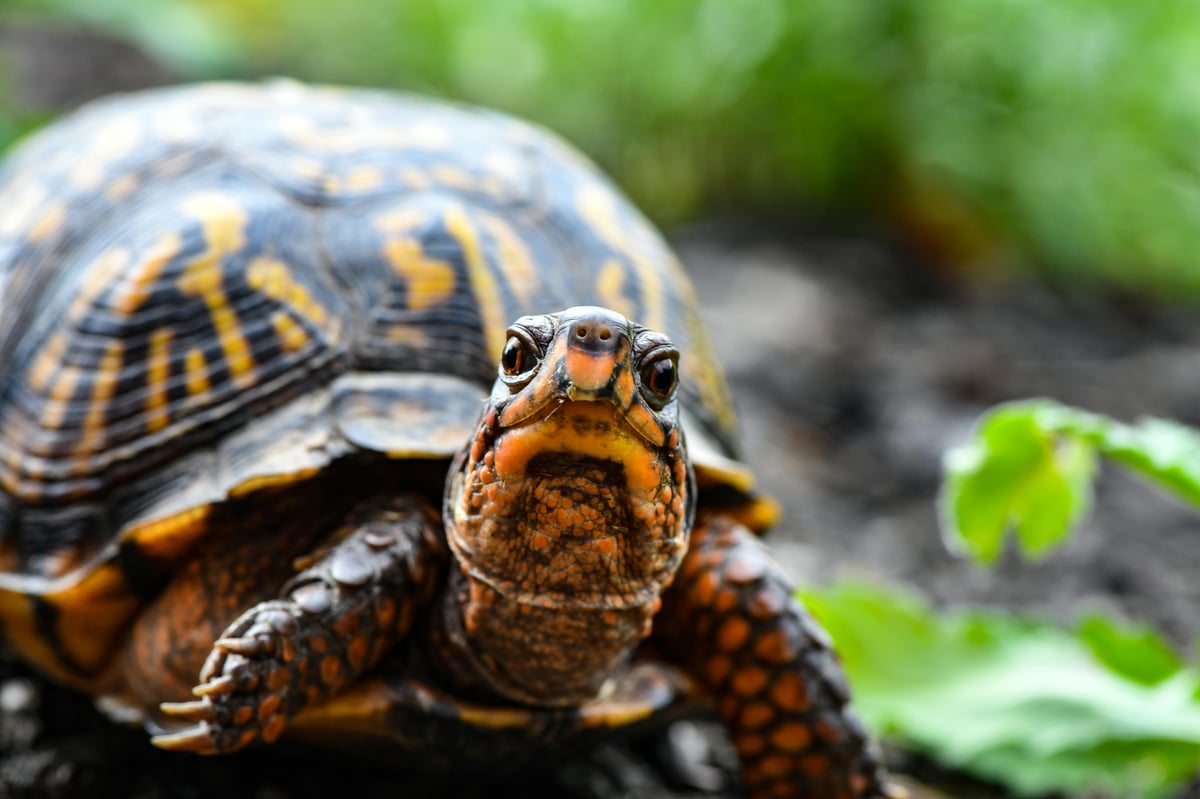Pune: 468 Turtles Rescued and Transported to Bavdhan TTC for Rehabilitation in Collaborative Conservation Effort |
In a remarkable conservation effort, 468 turtles were successfully transported to the Bavdhan Transit Treatment Centre (TTC). The turtle rehabilitation program (TRP) was conducted with a collaborative initiative between the Maharashtra Forest Department and RESQ Charitable Trust (RESQ CT).
The project will focus on six freshwater species, including Indian roofed turtles, Indian tent turtles, black spotted pond turtles, and brown roofed turtles, all covered under Schedule 1 of the Wildlife Protection Act, 1972. Turtles rescued from areas under the Thane, Nashik, and Solapur Forest departments are shifted to the centre.
“The Pune Forest department started the centre as part of its turtle rehabilitation programme. The saved reptiles will undergo a structured multi-phase rehabilitation process at the centre, from data-driven planning to scientific rehabilitation protocols, setting a benchmark in wildlife conservation,” said Tushar Chavan IFS, DCF (Wildlife).
Neha Panchamiya, Founder and President of RESQ CT, added, “The first month of the Turtle Rehabilitation Program has been a testament to collaborative teamwork. The turtles and tortoises in the TRP were rescued by various forest departments and local organizations, including RAWW, WWA, CPCA, and PAWS, along with their dedicated volunteers in Mumbai. Many of them had endured prolonged periods of illegal captivity, resulting in severe health conditions, including metabolic bone disease, nutritional deficiencies, and musculoskeletal issues caused by inadequate sunlight exposure and inappropriate substrates. Upon admission, individuals were systematically segregated based on size and sex to ensure optimal care and monitoring. While most have completed quarantine, a subset remains under ongoing medical treatment.”
Rehabilitation efforts will now focus on facilitating the transition from captive to natural diets and achieving climate acclimatization. The reptiles will be monitored through periodic biometric assessments, such as weight tracking, alongside behavioural observations and activity levels. A dedicated team of wildlife rehabilitators and veterinarians is providing round-the-clock care, ensuring that each individual’s needs are met.
